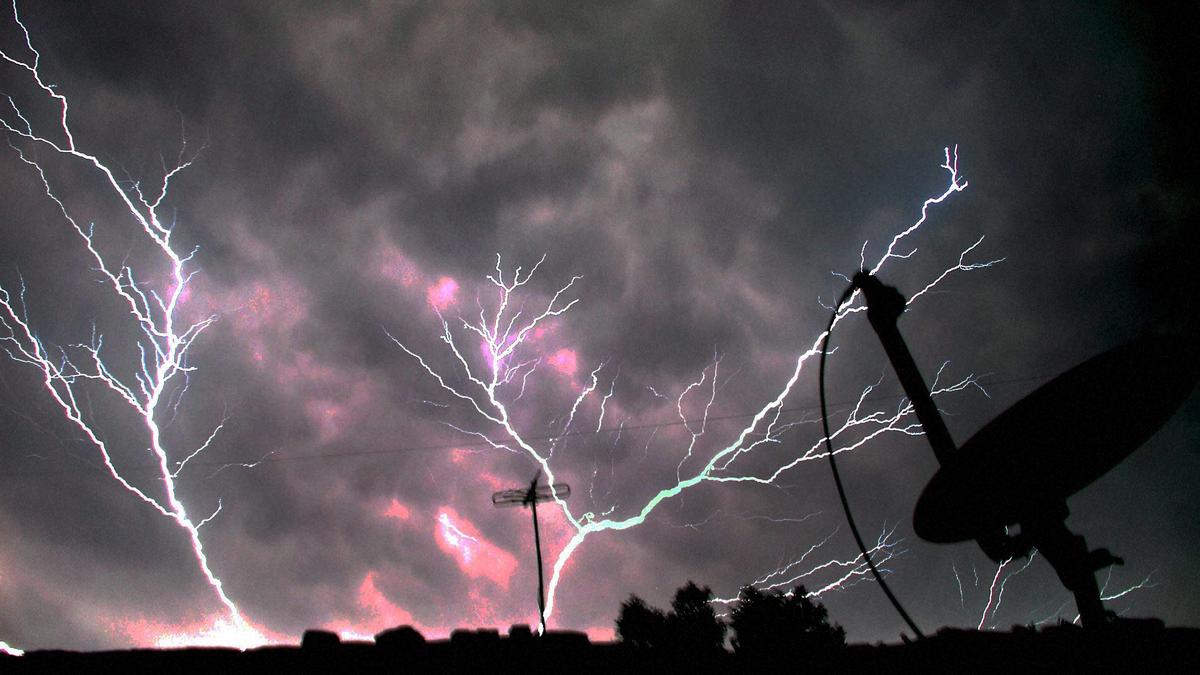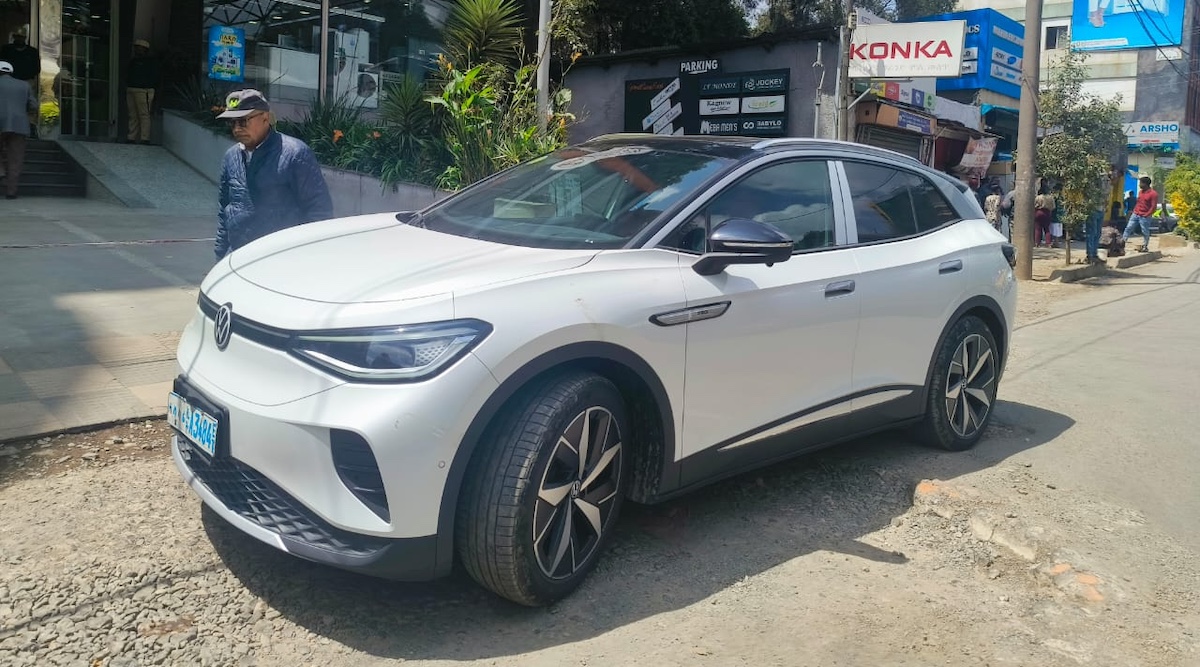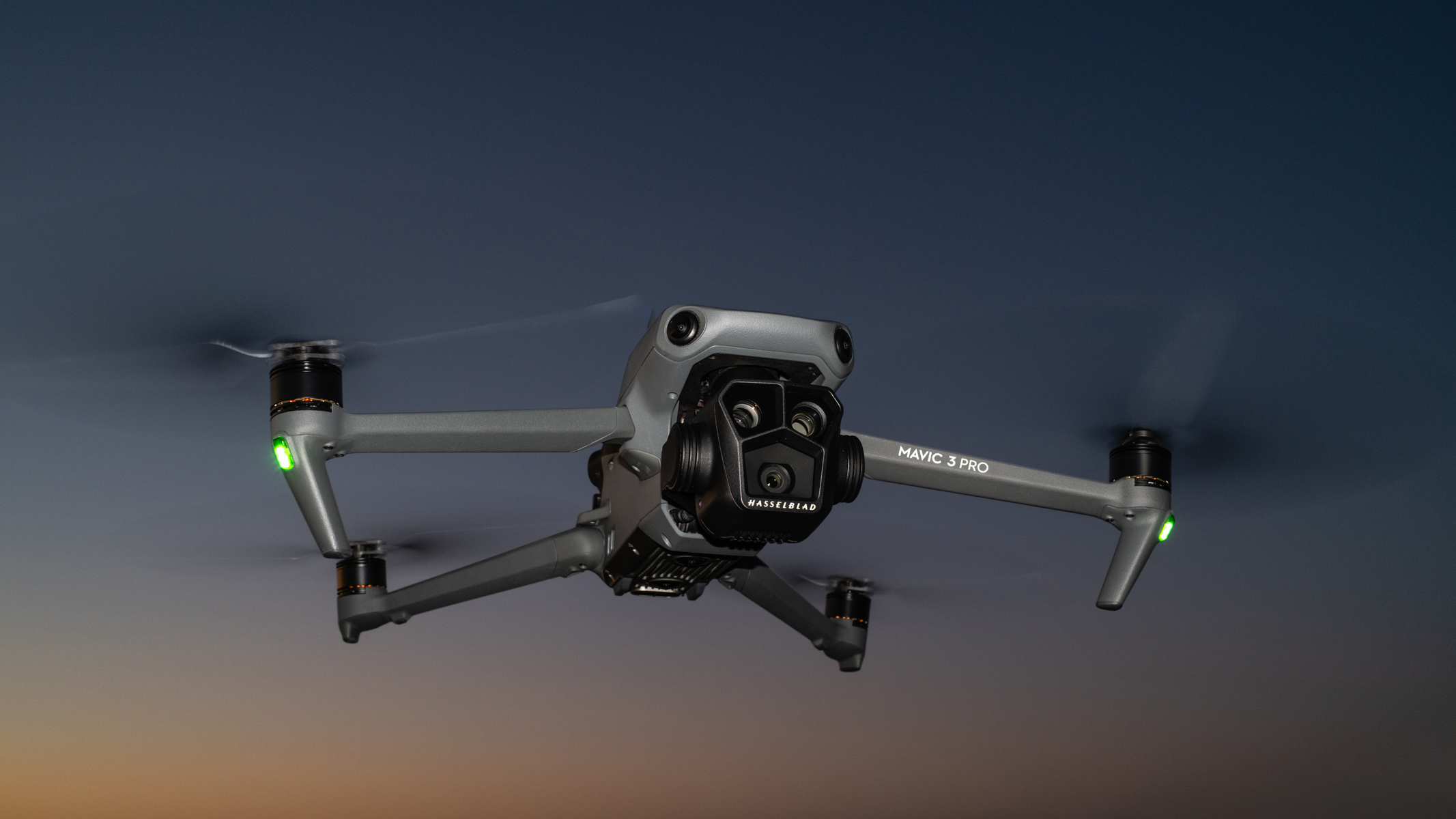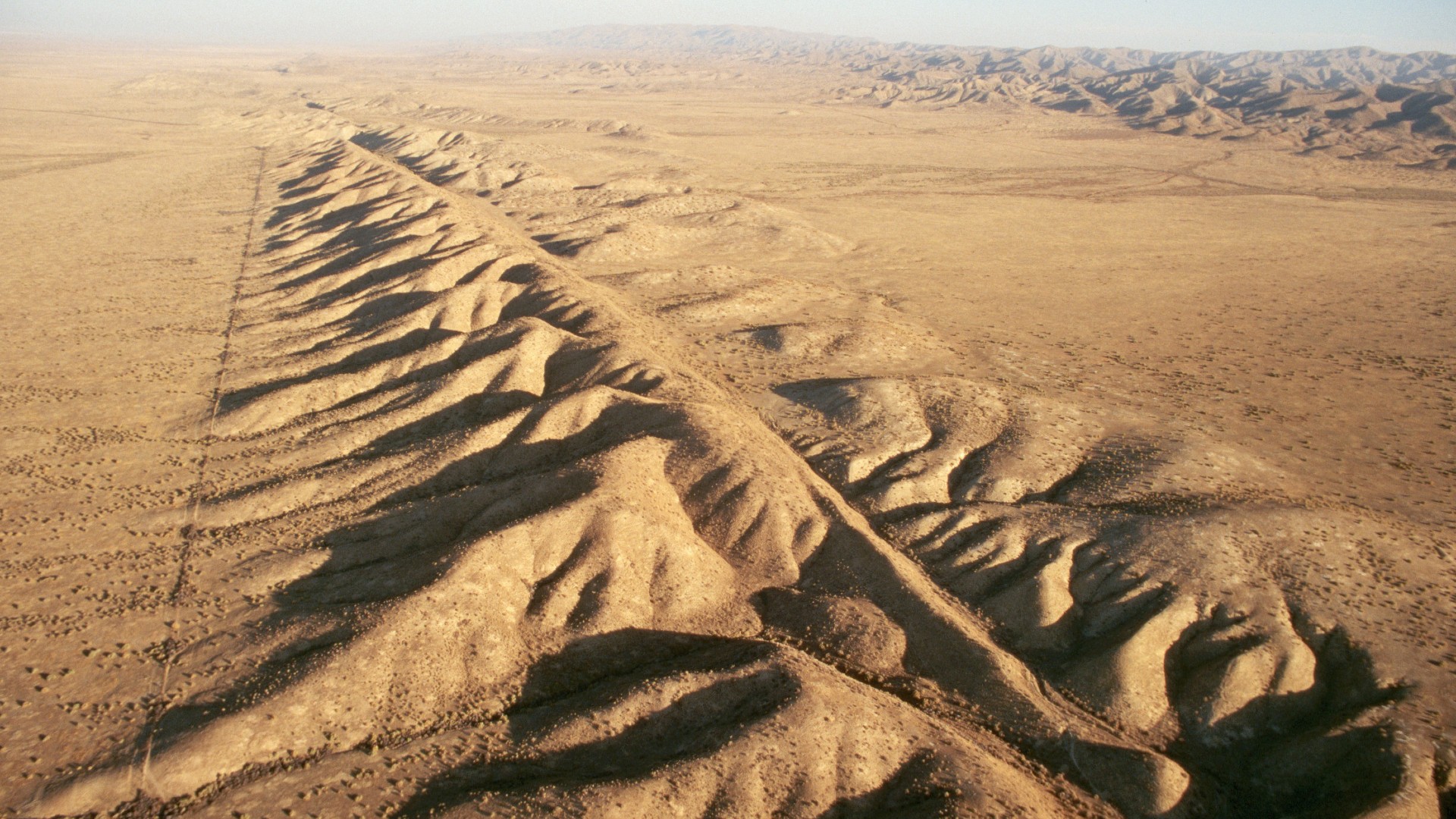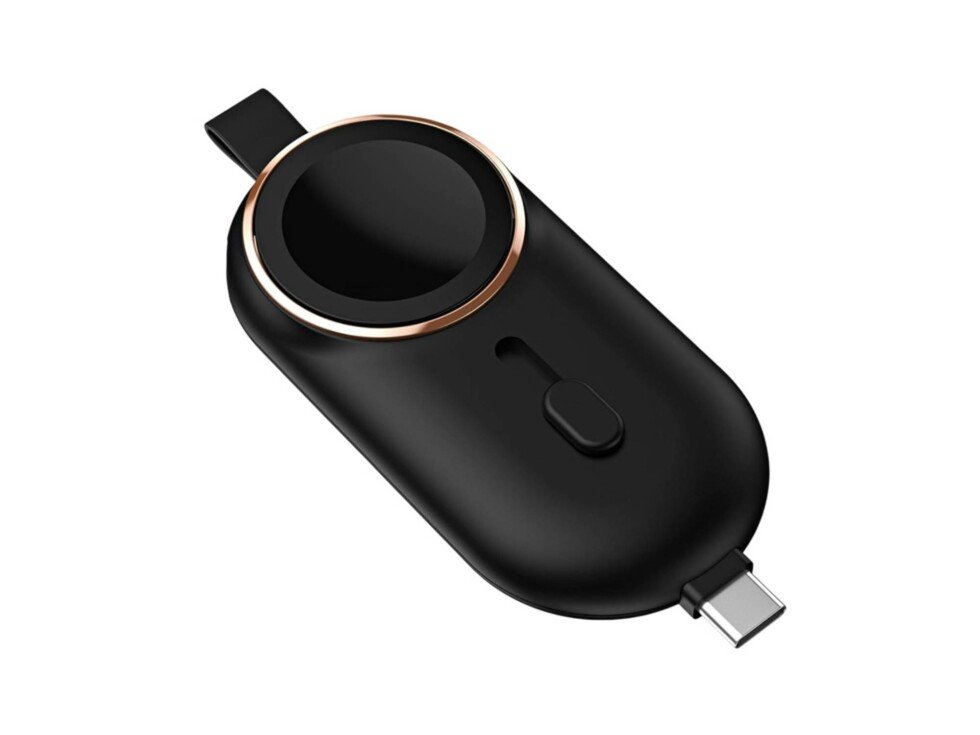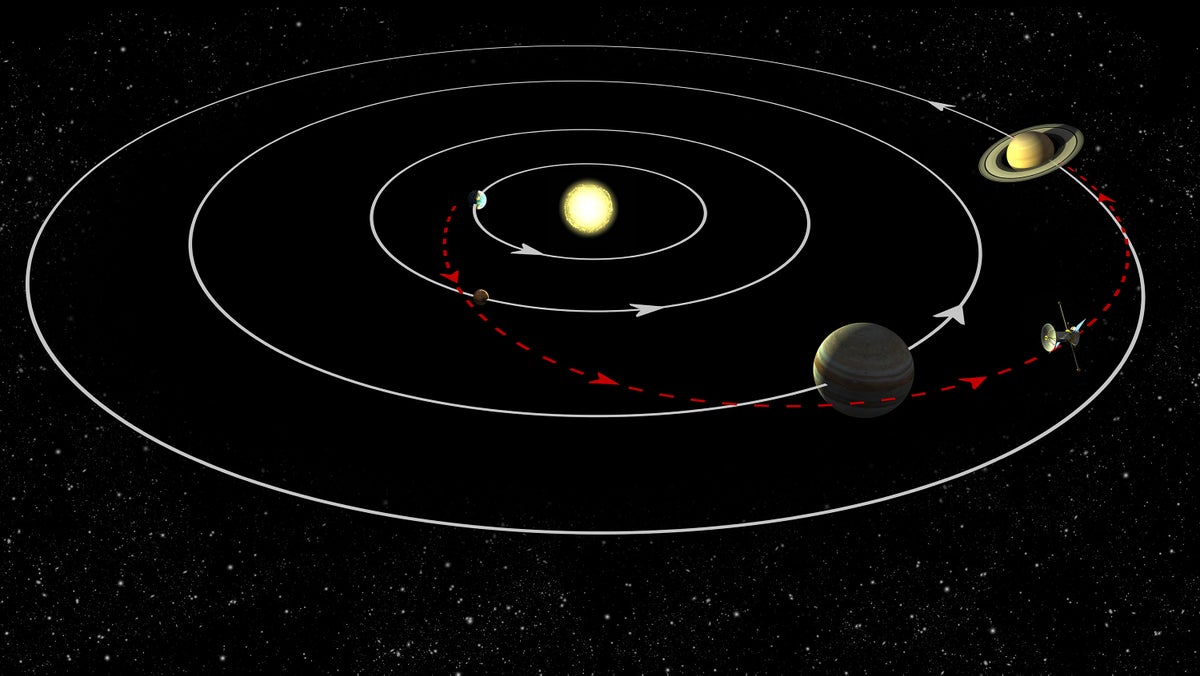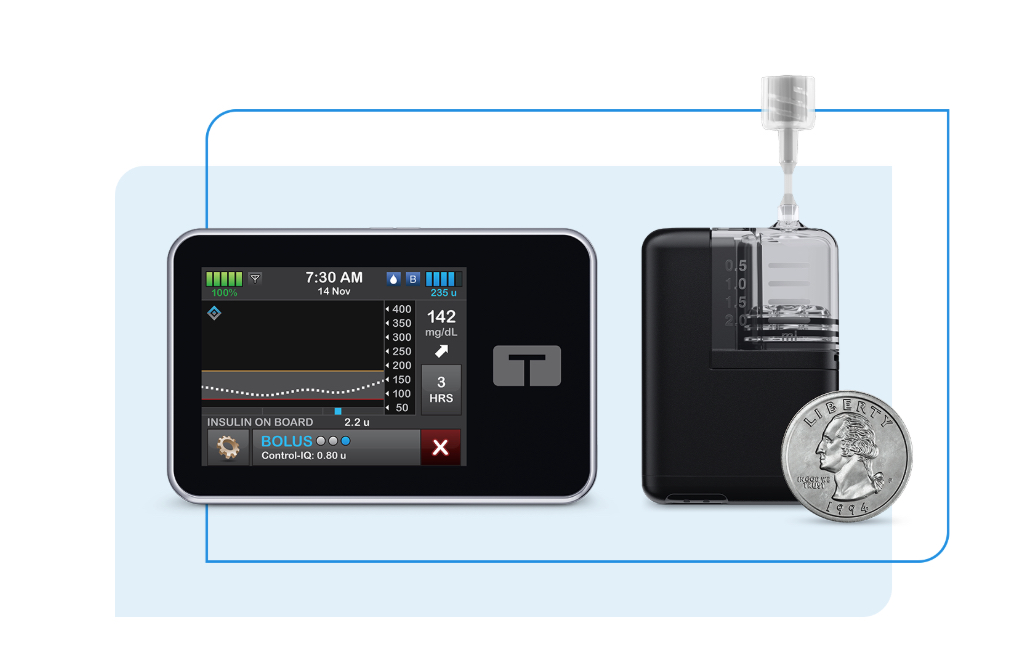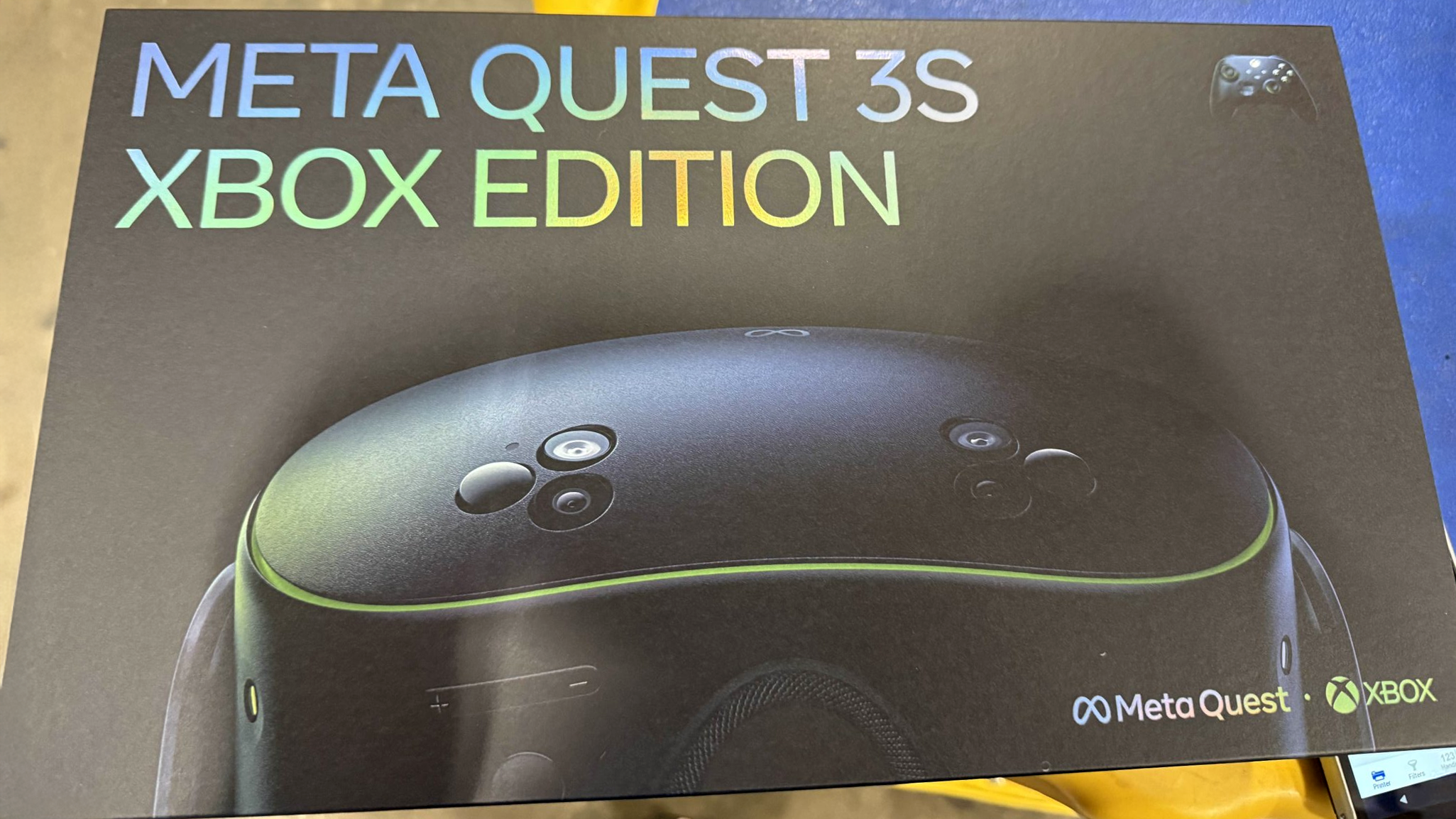How your Android phone can detect earthquakes
Earthquake alerts are part of a suite of safety settings. The post How your Android phone can detect earthquakes appeared first on Popular Science.

Your Android phone has a superpower you might not be aware of: It can give you advance warning of earthquakes in more than 100 countries, including the US. That extra few seconds of preparation time can save lives.
What’s more, the feature is going live on Wear OS devices as well, so if you have a Wear OS smartwatch the alerts will pop up on your wrist, as long as your wearable is connected to the web—even if you’ve left your phone behind.
These features aren’t difficult to set up and should be on by default—and, hopefully, won’t ever be needed. However, it’s worth knowing how they work so you’re not caught unaware if an earthquake is expected in your area.
Finding the alert setting

Officially, this is known as the Android Earthquake Alerts System. As is often the case with Android, you may find it in a slightly different spot in Settings depending on the make and model of your phone. On both Pixels and Galaxy phones it’s Safety and emergency > Earthquake alerts.
The feature should have been enabled when you first set up your phone, but if it’s been turned off for whatever reason, you can turn it back on here. It’s just a simple toggle switch. You’ll also get information about how the feature works and some safety tips, as well as a See a demo option—though be careful when you use this, as the warning is quite loud.
As for the Wear OS functionality, it shouldn’t need any extra configuration. It should follow on from the setting on the phone. The watch alerts will mirror those on your phone, so it’s not one device or the other for your warnings—if you have a Wear OS watch connected, the earthquake alerts are going to show up on your phone as well.
How the alerts work

Google pulls in data from two sources for its early warning system: the network of thousands of seismic detectors that are part of the ShakeAlert system managed by the U.S. Geological Survey, and accelerometer data being anonymously sampled across billions of Android devices worldwide.
The information that pops up on your phone and watch screens will tell you three key details: how far away the earthquake’s epicenter is, what magnitude the earthquake is estimated to be, and the level of shaking to expect. If weak or light shaking is expected, you get a pop up notification on your phone.
If moderate to heavy shaking is expected, the warning will go further. It will light up your phone screen and play a loud sound, no matter the volume or Do Not Disturb settings on your device. The alert will take over the entirety of your phone screen, with advice on how to stay protected: Drop, cover, and hold.

For either type of alert, tap on the notification for more details about where the earthquake is and the best ways to keep yourself safe. You’ll get tips such as avoiding damaged buildings, making sure you have shoes on before you move, and checking any gas supplies coming into your building.
Bear in mind that this Android Earthquake Alerts System isn’t an earthquake predictor, as earthquakes are notoriously difficult to predict. What it does do is deliver alerts about earthquakes very quickly after they’ve started, which can give you a few precious seconds to brace for the impact.
Once you’re safe, you can run a follow-up “earthquakes near me” query on Google Search to get more information about what’s happened. Recent earthquakes close to your location will be listed up at the top of the results. To get more information about these features and how your data is used, see the official Google support documents.
The post How your Android phone can detect earthquakes appeared first on Popular Science.

